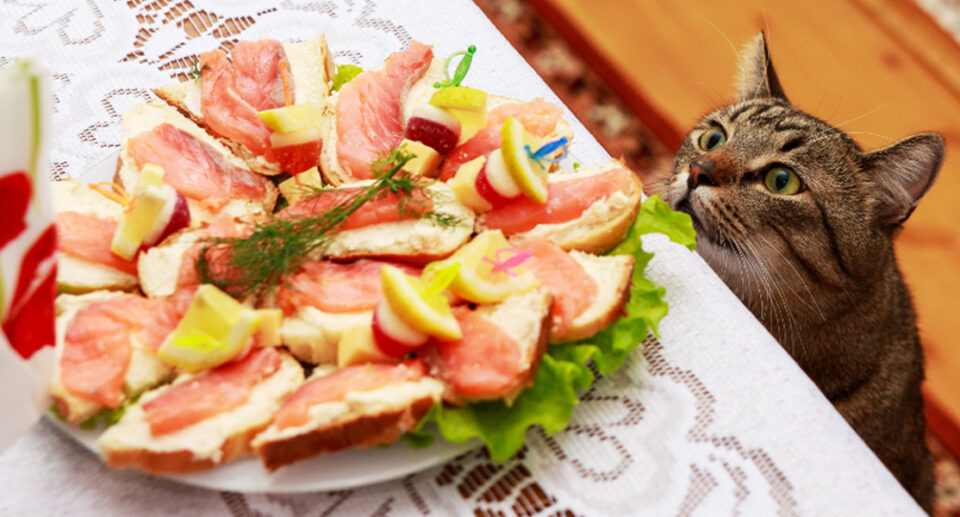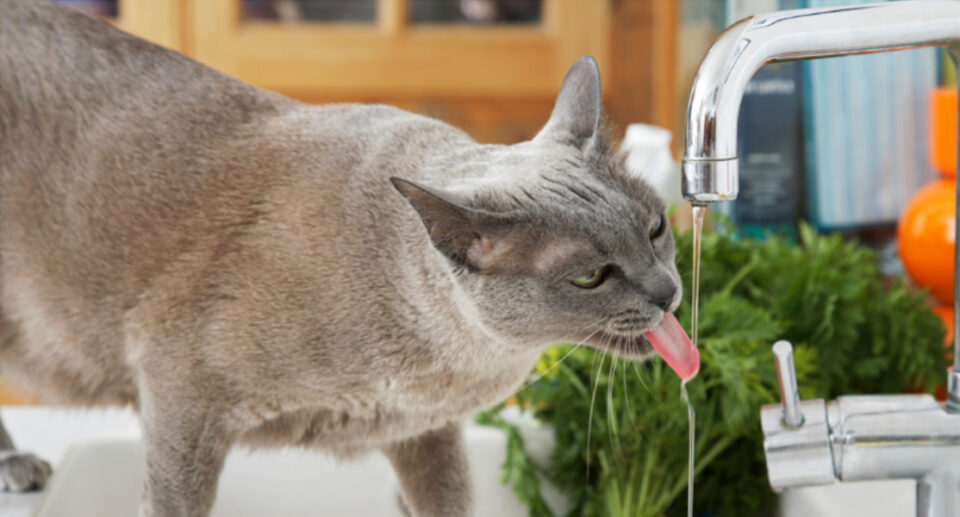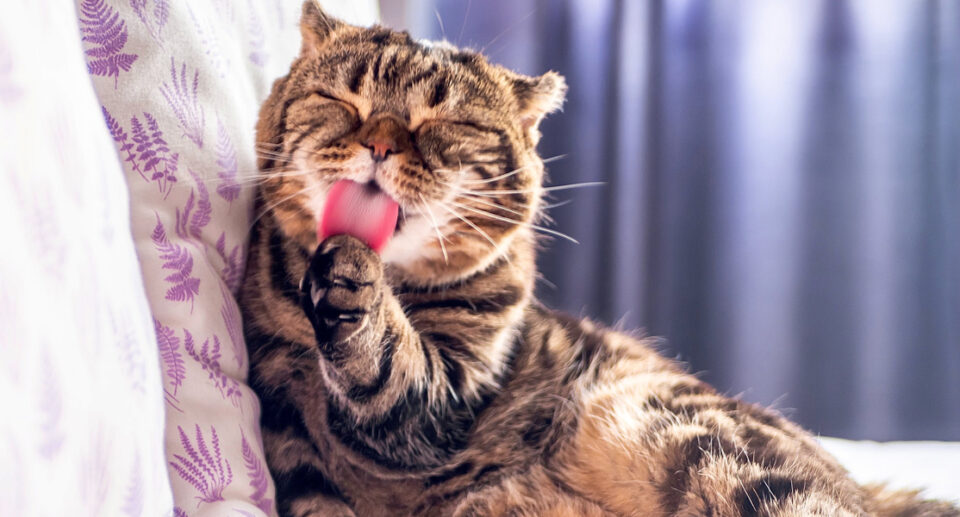
Does your cat gobble up their food at mealtimes, only to meow for more just an hour later? Do they seem unsatisfied by snacks, treats, and extra scoops of food? While some cats truly just love food, a bottomless appetite can sometimes indicate a health issue.
If Your Cat Is Always Hungry And Gaining Weight
While some cats can self-regulate, eating only enough to maintain their weight and energy levels, others will eat as much food as they can access.
However, it can be difficult to simply cut back on your cat’s portions. They may have a knack for stealing extra bites by raiding your other pets’ bowls, begging for bites from family members, or breaking into the pantry.
Keep in mind that giving your cat smaller servings than recommended may not provide adequate nutrition. You may be able to quell your cat’s appetite with a diet that contains more lean protein, less fat, and fewer carbs. That way, your cat will feel satisfied, but they can still lose weight. Switching from kibble to canned, fresh cooked or raw food can be helpful because not only are they usually higher in protein and lower in carbs, the added moisture and volume can help your cat feel full.
Ask your veterinarian about the best way to help your cat lose weight after a check-up to rule out any underlying health issues that may contribute to their increased appetite.
If Your Cat Is Always Hungry And Losing Weight
Does your cat feel bony and lightweight when they curl up in your lap? Can you feel their ribs and hipbones protruding when you pet them – despite a ravenous appetite? Your cat may be not be getting the nutrients they need from their food.
Kittens under 12 months of age should eat a kitten or all-life stages formula. Larger breeds like the Maine Coone take longer to mature and may need to stay on a kitten diet for a few more months. Kitten and all-life-stages diets meet a growing kitten’s caloric needs. Very active cats may also need more calories to maintain a healthy weight. Free feeding or multiple small meals can help ensure your cat gets enough to eat.
Is your cat getting enough to eat, yet still losing weight? Weight loss paired with increased appetite always warrants a vet visit as soon as possible. These symptoms can be linked to parasites, diabetes, hyperthyroidism, or even cancer. Other symptoms to discuss with your vet include poor coat quality, vomiting, diarrhea, increased water consumption, and increased urination.





